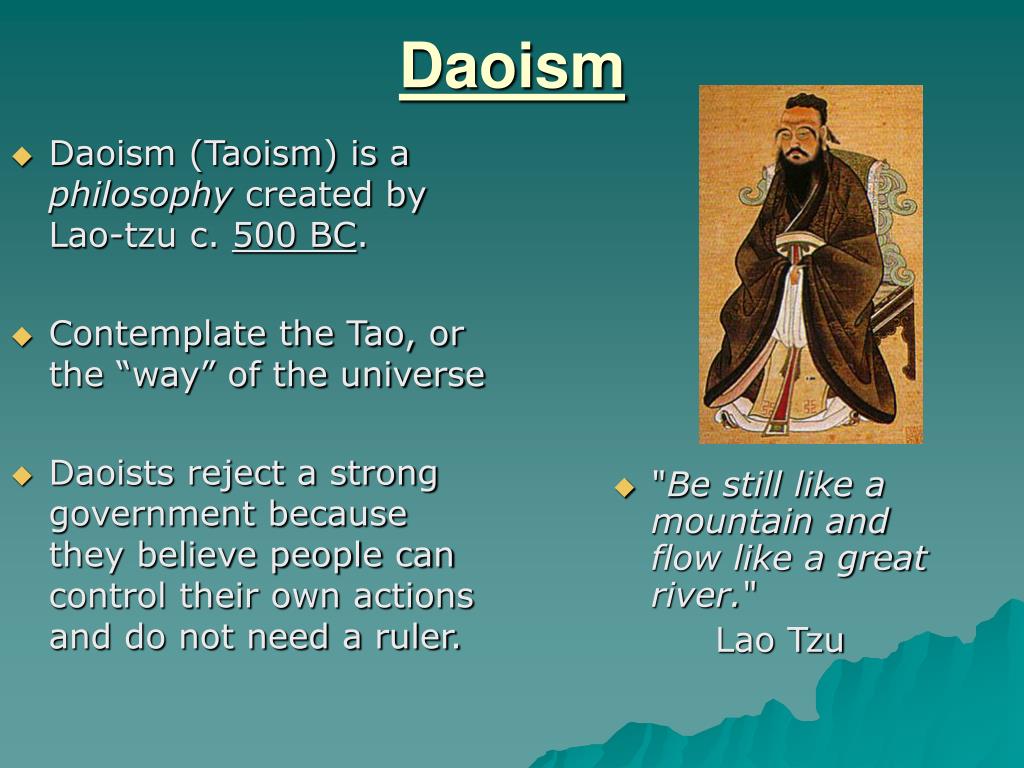Time spent with familiar things has a special significance: such occasions offer a respite from the frenzied world of technology that increasingly dominates our lives. Heidegger teaches us to embrace the meditative side of our lives and recommends that we each practice attuning ourselves to a distinctively philosophical call: to take your time in the midst of the most familiar. In a memorial address delivered in his hometown of Meskirch in 1955, the philosopher Martin Heidegger invited his audience to ‘dwell upon that which concerns us, each one of us, here, on this patch of home ground, and now, in the present hour of history’.Heidegger thinks that the ‘now’ of our present hour of history is marked by a distinctive loss of rootedness, the accelerating deracination of our lives from any ‘patch of home ground’, an uprooting from any definite ‘here’. He thinks of what is happening here as caught up in a changeover in our most basic ways of understanding t…
Read the full article which is published on IAI TV (external link)






